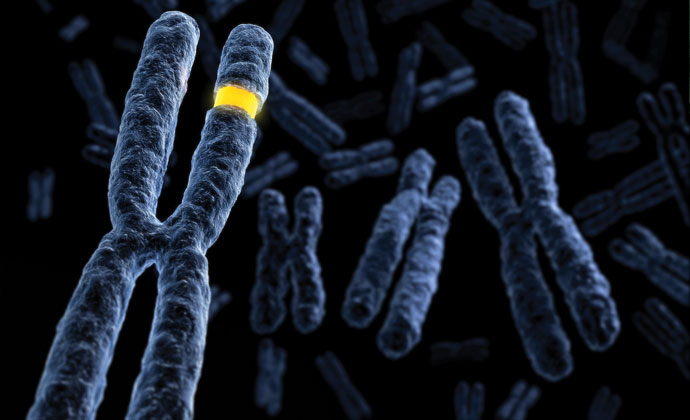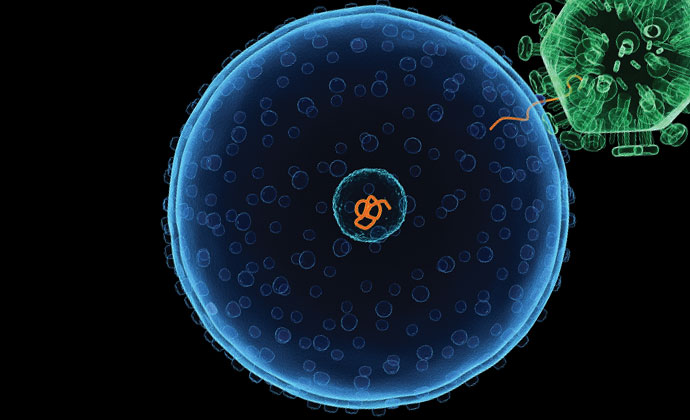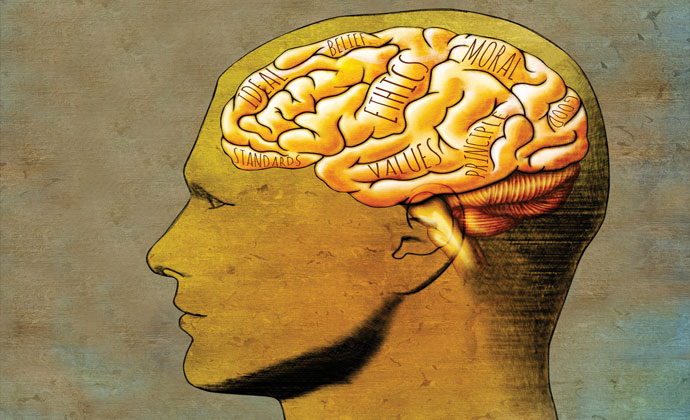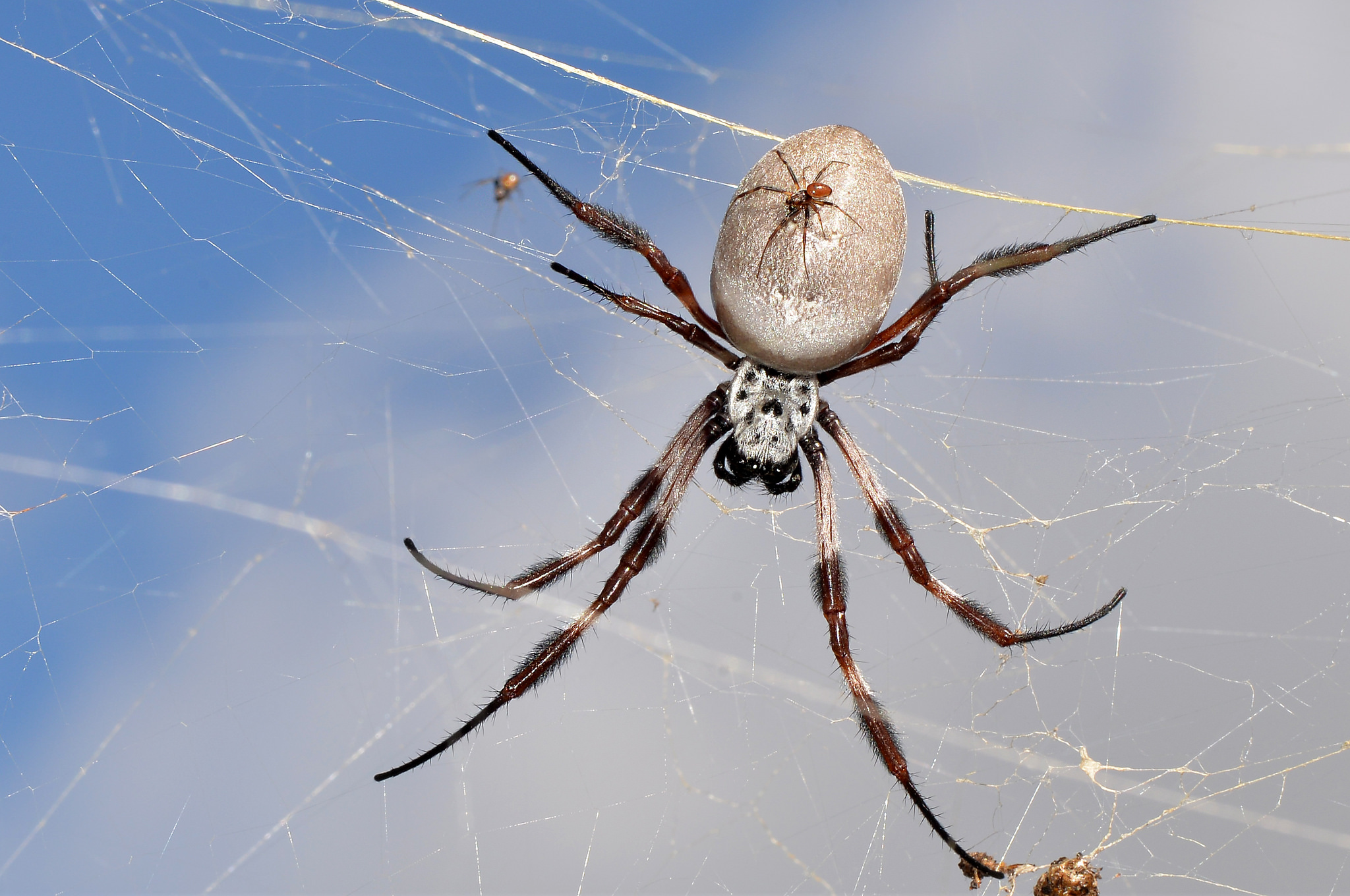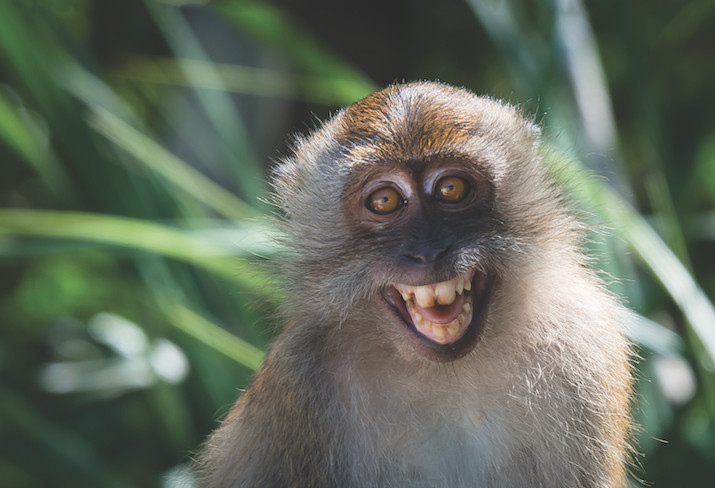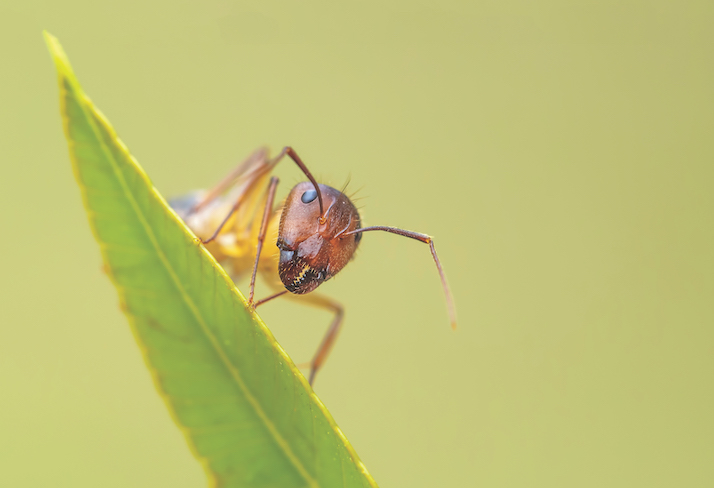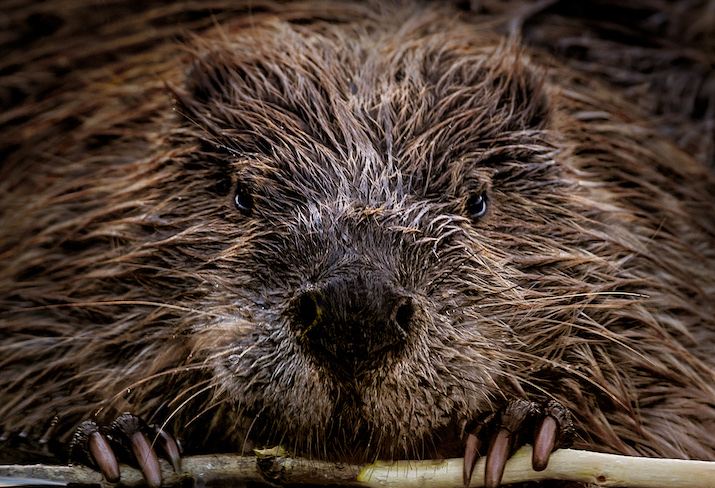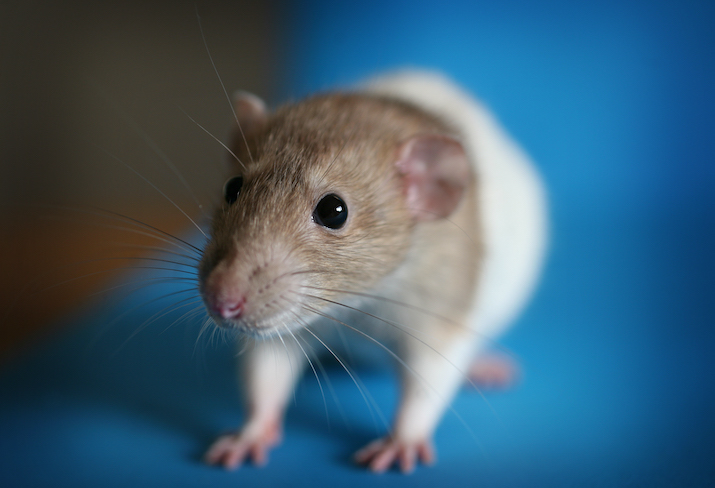Philosophy of Biology
Sandra Mitchell: GMOs and Policy in a Complex, Diverse World
ABSTRACT Dr. Mitchell’s lecture considers how both biological diversity and value pluralism thwart simple regulatory models for genetically modified organisms. For example, we talk about policy for BT modified plants, yet there are about 600 known strains of Bacillus thuringiensis and the effect of different strains on different host plants as well as the consequences [...]
Michael Parker: Moral Craft in the Genetics Clinic and Laboratory
ABSTRACT Dr. Parker’s talk will explore the moral world of the contemporary genetics profession at a key moment in its development. In particular, the talk will focus on the relationships between the well-established and reasonably stable moral commitments underpinning ideas of ‘good practice’ in contemporary clinical genetics –- such as those to the care of [...]
Moira Howes: Agency and the Evolution of Human Reproductive Immune Functions
Dr. David S.H. Chu International Student Centre International and Graduate Affairs Building, Western University, London, Ontario, CanadaABSTRACT Dr. Howes’ talk is on how a variety of problematic assumptions about human biology in the environment of evolutionary adaptation are made in evolutionary and immunological accounts of reproductive immunology. Drawing on evidence from numerous scientific fields, Howes will argue that these assumptions are scientifically flawed and that they involve substantial oversights. SPEAKER PROFILE [...]
Patricia Churchland: Braintrust: What Neuroscience Tells Us About Morality
ABSTRACT In her talk, renowned philosopher Churchland speaks about how the evolution of the mammalian brain led to the expansion from ‘me’ to ‘me-and-mine’ – the very heart of morality. Learn about ‘caring circuitry’ in the brain, and how the brain molecule oxytocin is at the hub of the intricate neural adaptations sustaining our society. [...]
Elisabeth Lloyd: Robustness as a Confirmatory Virtue
ABSTRACT Both climate scientists and philosophers have been working hard to understand how the huge multidimensional global climate models can be tested and confirmed. The convergence of multiple climate models on a single outcome or result has provided a key feature in these discussions. Philosophers of science tend to think that such convergence, or “robustness,” [...]
Elisabeth Lloyd: The Orgasm Wars
ABSTRACT There has been a fierce battle occurring among people who explain the evolution of human female orgasm, about its evolutionary origins and nature. The core issue is that the female orgasm presents an evolutionary puzzle. Unlike the male orgasm, female orgasm is not associated with any increase in fertility or reproductive success. Several types [...]
Helen Longino: Individuals or Populations: How Scale Matters
Dr. David S.H. Chu International Student Centre International and Graduate Affairs Building, Western University, London, Ontario, CanadaThis lecture will explore the difference between studying human behavior as an individual characteristic versus studying it as a group property. SPEAKER PROFILE Helen Longino’s teaching and research interests are in philosophy of science, social epistemology, and feminist philosophy. She is the author of The Fate of Knowledge (Princeton University Press, 2002), and many articles [...]
James G. Lennox: Aristotle and Darwin: Antagonists or Kindred Spirits?
Room 1145 - Stevenson Hall Stevenson Hall, Room 1145, London, Ontario, CanadaABSTRACT In the decades following the forging of the so-called Neo-Darwinian Synthesis in the 1940s, a number of its philosophical defenders created a myth about what Charles Darwin was up against, a viewpoint called “typological essentialism” often attributed to Aristotle. In this paper I first sketch the history of how this myth was created. I [...]
Laura Franklin-Hall: The Animal Sexes as Queer Kinds
Room 4190 - Western Interdisciplinary Research Building Western Interdisciplinary Research Building, Room 4190, London, Ontario, CanadaABSTRACT Though biologists identify organisms as ‘male’ and ‘female’ across a broad range of animal species—in the pipefish, orb spider, quokka, and king quail—the particular traits enjoyed by males and females can vary tremendously. This diversity has led some to conclude that the trans-animal sexes—males, of whatever animal species, and females likewise—have “little or no [...]
Work in Progress Seminar with Cailin O’Connor
Room 7107 - Western Interdisciplinary Research Building Western Interdisciplinary Research Building, London, ON, CanadaJoin Cailin O'Connor for a work in progress seminar focused on her paper, Measuring Conventionality. ABSTRACT Conventions are usually treated as univocal, but I argue here that they are better thought of as coming in degrees of arbitrariness. In doing so, I use information theory to measure the degree to which a convention could have been [...]
CANCELLED: Samir Okasha — Evolution, Altruism and Selfishness
Wolf Performance Hall - Central Library 251 Dundas St, London, Ontario, CanadaEVENT CANCELLED DUE TO THE EVOLVING COVID-19 SITUATION. PLEASE VISIT COVID-19 INFORMATION FOR THE CAMPUS COMMUNITY FOR MORE INFORMATION. Are animals altruistic? From eusocial animals like ants & bees, to well-documented cases of humpback whales rescuing seals from orcas, there are numerous examples of what looks like altruism in nature. Among many bird and mammal [...]
CANCELLED: Samir Okasha — The Metaphor of Agency in Biology
Room 1130 - Western Interdisciplinary Research Building Western Interdisciplinary Research Building, London, ON, CanadaEVENT CANCELLED DUE TO THE EVOLVING COVID-19 SITUATION. PLEASE VISIT COVID-19 INFORMATION FOR THE CAMPUS COMMUNITY FOR MORE INFORMATION. It is striking that evolutionary biology often uses the language of intentional psychology to describe the behaviour of evolved organisms, their genes, and the process of natural selection that led to their evolution. Thus a cuckoo [...]
Responsibilities to Others: 2020 Philosophy Lecture Series
Virtual (register for Zoom link)Our attempts to deal with the effects of COVID-19 have revived significant interest in a question of enduring philosophical interest: what do we owe to each other? This series of public lectures will examine our responsibilities (if any) to others. It will include discussions on the evolution of altruism, on the idea that both [...]
Eva Jablonka: Inheritance Systems and the Extended Evolutionary Synthesis
Virtual (register for Zoom link)Join us for a virtual talk by geneticist Eva Jablonka (Tel Aviv University) on inheritance systems and the extended evolutionary synthesis. This event will take place via zoom. REGISTER TO ATTEND ABSTRACT There is a debate among evolutionary biologists today about the need to significantly revise the neo-Darwinian model of evolution that was dominant over [...]
Massimiliano Simons: Synthetic biology as a technoscience
Virtual (register for Zoom link)Join the Rotman Synthetic Biology Reading Group for a meeting with Massimiliano Simons for a discussion of his 2021 paper, "Synthetic biology as a technoscience: The case of minimal genomes and essential genes". Individuals interested in attending the talk need not participate in the reading group, but will need to register to receive a link [...]
Stefan Linquist: Genome-Level Ecology
Room 7107 - Western Interdisciplinary Research Building Western Interdisciplinary Research Building, London, ON, CanadaJoin the Rotman Synthetic Biology Reading Group for a meeting with Stefan Linquist for a discussion of his research on genome-level ecology. Individuals interested in attending the talk need not participate in the reading group, but will need to register in advance. This will be a hybrid event with in-person or virtual attendance options. [...]
Nicole Nelson: Is animal behavior genetics reductionist?
Abstract: Critics of behavior genetics have often argued that it is an inappropriately reductionist research agenda, operating at a level of analysis that is too far removed from the organismal, social, and cultural settings that produce behaviors. These critiques are at odds with behavior geneticists’ self-descriptions of their approach, which they contend is sensitive [...]


